O Pioneers!
1908 was a year for pioneering.
The first long-distance radio message was sent that January. Robert Baden-Powell founded the worldwide Boy Scout movement. The aeronautics world saw its first passenger flight–a crude biplane carrying one passenger. (Related note: Later that year, Thomas Selfridge made history by becoming the first passenger to die in a plane crash. Orville Wright, the pilot, survived.)
Intrepid explorers trekked to lands where no man had gone before, aspiring to be the first to reach the poles. Success at the top of the world was claimed by Frederick Cook, but starvation forced Ernest Shackleton’s enterprise to turn back just 112 miles from the South Pole.
Back home in civilized lands, the vacuum cleaner was invented that year, and the Hoover Company promptly acquired manufacturing rights. The first fully animated film was created about the same time Henry Ford’s first Model-T trundled off the production line. All this, and more, in 1908.
While these exciting events unfurled, a young pioneer woman gave birth to her first child in the Arizona Territory. The family migrated to western Texas shortly afterward, and in 1915, they traveled in a horse-drawn covered wagon to New Mexico.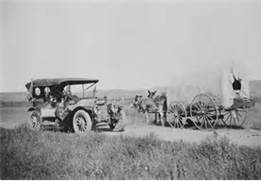
The family eventually grew to include two boys and two girls. The eldest, Jack, learned early on how to work. His father wanted to be a farmer, but it proved too arduous in that climate, and he eventually took up ranching instead. It was an isolated life, and young Jack had few friends beyond his brother and sisters. He lived, as he said, “to a great extent in my imagination.”
The Arizona soil might not be fertile for farming, but it fed that boy’s imagination in a powerful way. He left the ranch, first serving in the U.S. Army Air Corps in World War II as a weather forecaster, then majoring in English at Eastern New Mexico University in Portales. He joined the faculty of that university in 1960 and remained affiliated with the school for the rest of his life—which was quite long. Jack Williamson died at the age of 98 after having long since secured a place for himself among the great science fiction pioneers.
At first glance, his accomplishments seem surprising considering such rustic beginnings. But think about the era in which he grew up. Scientific discoveries led to new and practical advancements almost daily, improving lives and increasing human capabilities at an astonishing rate. It was a brave new world, a time of hope and change, the sky was the limit—insert your favorite cliché here. It was an astonishing world when the unthinkable could be accomplished, and often was.
John Stewart Williamson, that little tot bouncing along in the covered wagon, became a product of his times. More than that, his product reflected the times. It was an era when people believed everything was possible; if you can dream it, someone will build it.
 With Williamson’s publication of the story “The Metal Man” in Amazing Stories magazine, he was off and running; he published three more stories in the next year, and never looked back.
With Williamson’s publication of the story “The Metal Man” in Amazing Stories magazine, he was off and running; he published three more stories in the next year, and never looked back.
Ever. His novel The Ultimate Earth won both the Hugo and Nebula awards in 2001, when he was in his early nineties. Tor Books published his last novel, The Stonehenge Gate, in 2005, only a year before his death.
Artists portray the world as they see it. Because creation is so intensely personal, the result reflects the artist as much as it does the realities of his world. Today’s SF writers live in a time where, in many ways, yesterday’s fictional scenarios are everyday stuff. Yet the underlying basics remain the same: good v. evil, human nature v. the divine, greed v. sacrifice.
Looking at the speculative fiction produced in the early decades of the 21st century, I wonder what future readers will infer about us and our world.



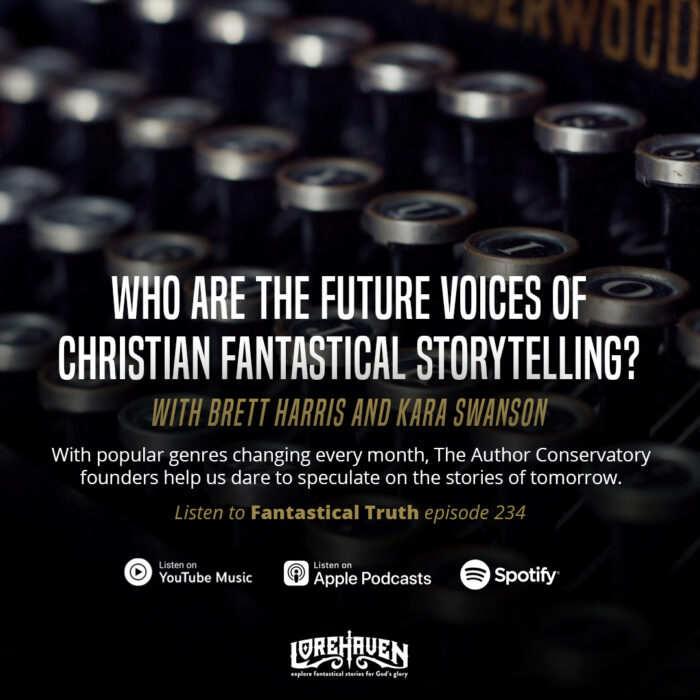


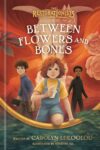
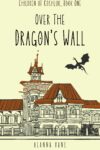




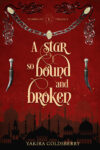
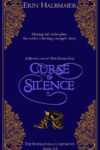
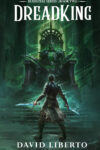

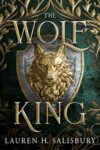


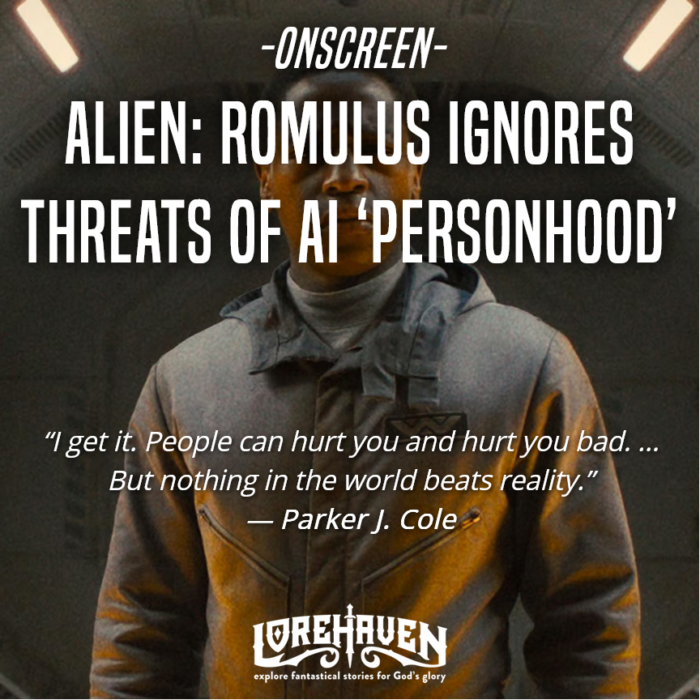

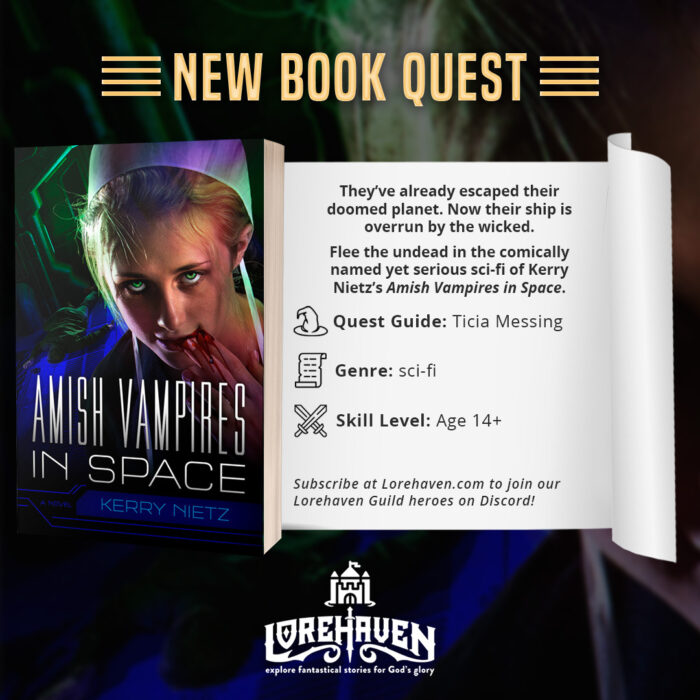
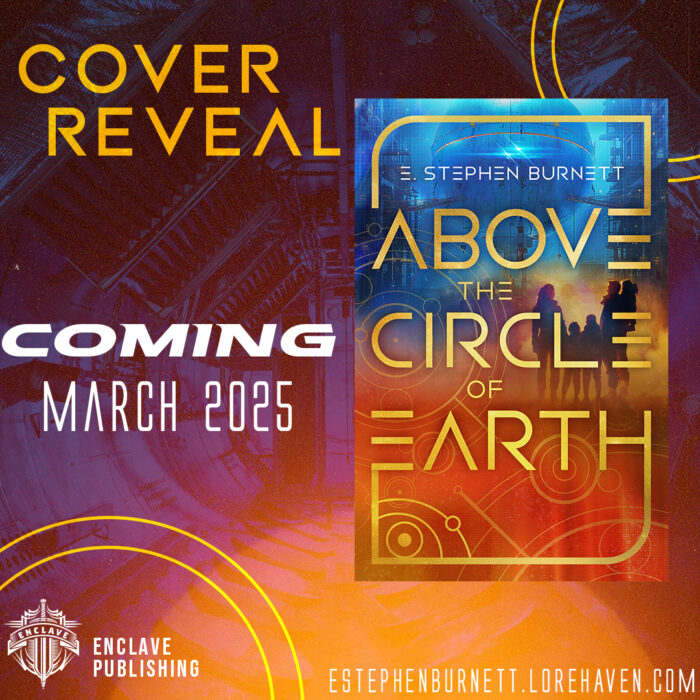








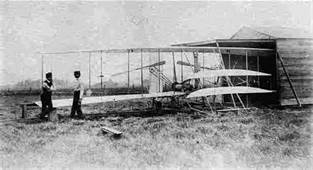





I recently read Arthur Clarke’s Childhood’s End, and noticed a tendency for “ascending into higher states,” becoming beings of consciousness alone. In more recent scifi–such as Doctor Who, this trait is much more commonly seen in villeins. It’d be interesting to see how this relates to contemporary culture.
This reminds me of an old TV commercial when I was a kid. It was promoting, I think, the Presidential Council on Physical Fitness or some such a thing, and it involved a head in a box that spoke and interacted with people but had no body, therefore requiring someone or something to carry it from place to place. The message being, of course, that exercise was important for the body as much as education was necessary for the mind. But of course that’s not what you were talking about — just reminiscing.
The idea of “developing” into beings of consciousness alone is kind of intriguing. If God didn’t intend us to have physical bodies, He wouldn’t have given them to us; and as Stephen pointed out earlier this spring, even when we’re through with our earthly bodies, God will give us resurrected ones. Moreover, spirit beings that never were human can sometimes take on visible form as well. Beings as pure energy, or however this is perceived as happening, don’t strike me as something that God would likely approve of. Maybe that’s why on Dr. Who, they’re villains.
Almost every hard sci fi I’ve ever read had the humans achieve godhood at the end. Wasn’t that the oldest lie? Do this and you will become like God? I get tired of reading the same old ending all the time, frankly. Are there any sci fi endings where humanity don’t become gods?
You’re right, Kessie, that’s the age-old lie. And even though it should be apparent it’s not going to happen
I love that. LOVE that. I just want to frame it and put it up on my wall to remind myself why I write.
Why thank you, Diana!